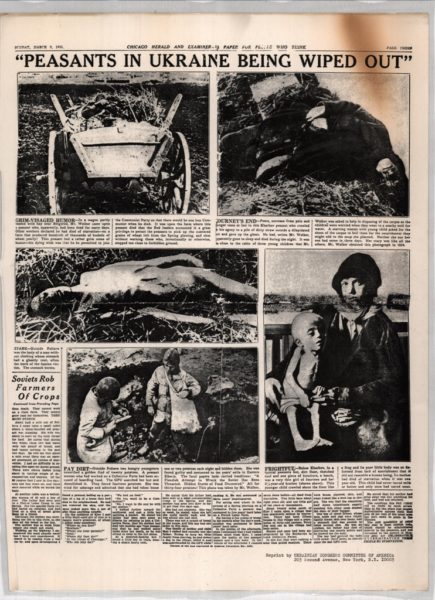In his latest Age of Invention newsletter, Anton Howes investigates Spanish claims that Jerónimo de Ayanz y Beaumont beat Newcomen by a hundred years in the quest to harness steam power:

Screenshot from “Savery’s Miners Friend – 1698”, a YouTube video by Guy Janssen (https://www.youtube.com/watch?v=Dt5VvrEIj8w)
The Spanish claimant in question is one Jerónimo de Ayanz y Beaumont, a late-sixteenth-century aristocrat and military engineer from Navarre, who from 1597 served as the administrator of the royal mines, and who invented a whole host of devices, from diving equipment and mine ventilation systems, to various improvements to mills, pumps, and furnaces. Thanks to the work of historian and engineer Nicolás García Tapia, whose biography of Ayanz came out in 2010, we now know quite a bit about this interesting inventor. The work was published in Spanish, and quite understandably was widely covered in the Spanish press. So although Ayanz has not quite become a household name in Spain just yet, he does now seem to be fairly well-known by the local “well actually” brigade (a shadowy international movement of which I am, to most people’s annoyance, a long-serving member). “Thomas Newcomen/Thomas Savery invented the steam engine you say? Well actually, I think you’ll find it was Ayanz a century earlier” — I had a quick google and discovered there were hundreds of comments to this effect.
But, actually, the story is a bit more complicated than that. The devil, as always, is in the detail, and unfortunately the press claims about the technology have become widely and erroneously repeated, apparently ignoring Tapia’s careful historical work. I even spotted a recently-published encyclopaedia of inventions that repeated the errors.
So what, exactly, did Ayanz invent? The key fact is that in 1606 he obtained a 20-year monopoly from the king of Spain for the use of over fifty different inventions, including two steam-related devices. One of these was related to getting rid of deadly mine gases, which had killed one of his friends and collaborators, and had almost killed Ayanz too. His solution was a steam injector — essentially, a steam boiler with a narrowing pipe sticking out of it, which would inject the steam into a larger air pipe. The pressurised steam, upon flowing up into the air pipe, created a powerful sucking effect behind it, thus rapidly drawing deadly gases out of the mine. (A bit like at the start of this video).
It was the second steam-powered device, however, that has become famous as Ayanz’s steam engine. Just like the inventions of Thomas Savery and Thomas Newcomen about a century later, it was designed to pump the water out of mines. Ayanz formed a partnership in 1608-11 to reopen the silver mines of Guadalcanal in Spain, which had been abandoned due to flooding, and seems to have tried to implement the engine there: he obtained rights to cut down nearby trees for firewood, for example, and exploited nearby copper, which would have been essential for making boilers and pipes. As for whether he actually got it to work, we don’t know for sure. Sadly, he died only a few years after starting the project.
But the devilish detail is in how his engine worked. Specifically, all the multiplying errors seem to have arisen from a misinterpretation, by the press, of Tapia’s statement that the engine was “very similar” to that of Thomas Savery. There are, certainly, some important similarities. Both engines, for example, exploited the expansionary force of steam. In both, steam from a boiler was piped into a water tank, forcing that water up a narrow pipe — what we might call a pushing effect. And both engines used two tanks, which alternated so that the engine would pump continuously. While one tank and was being refilled with mine water, the other would be have the steam pushing the water out, and then vice versa. So far so good. Indeed, due to the two water tanks, drawings of Ayanz’s and Savery’s devices look very similar side by side.







